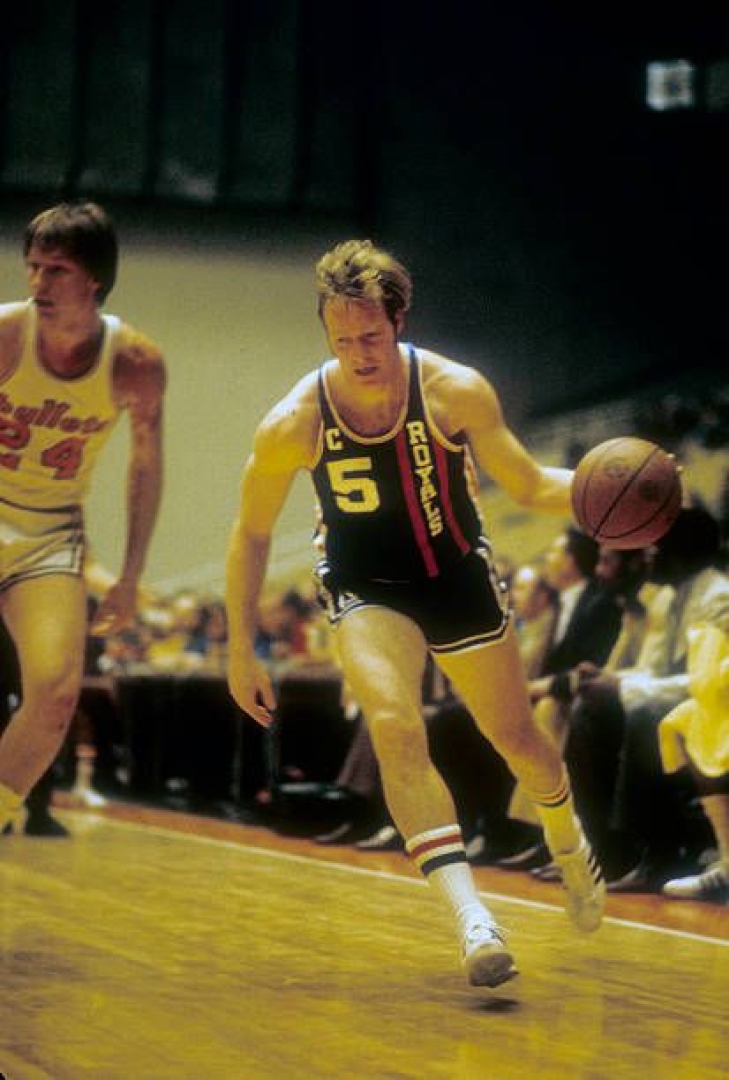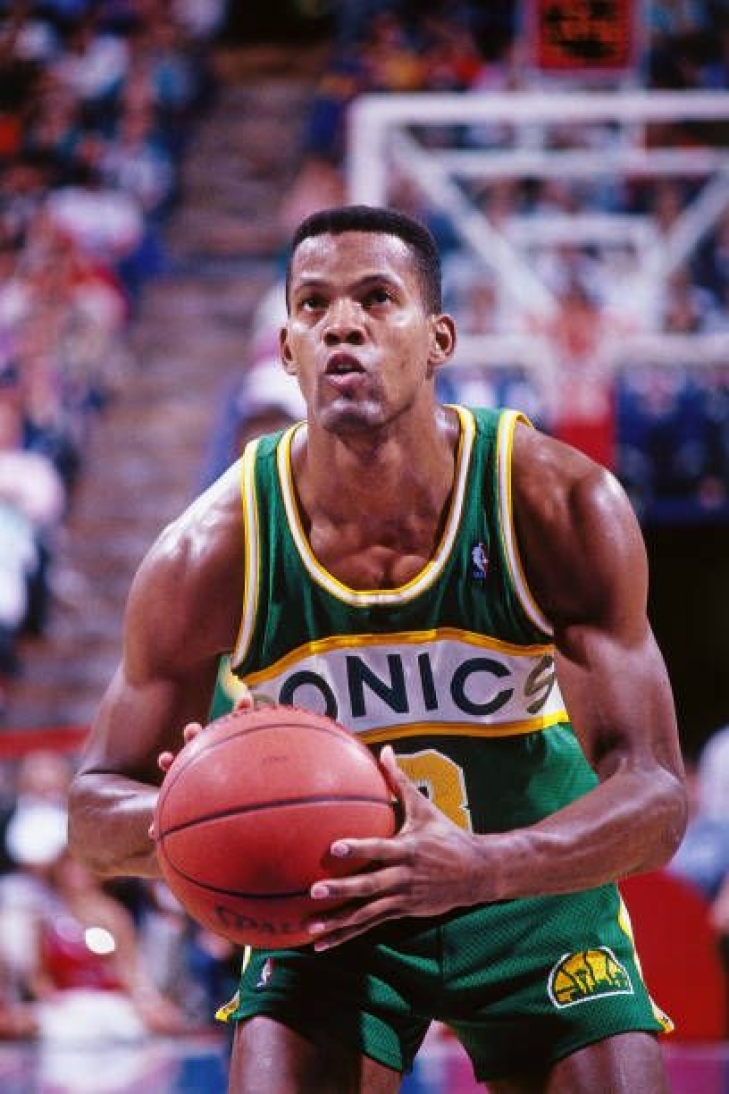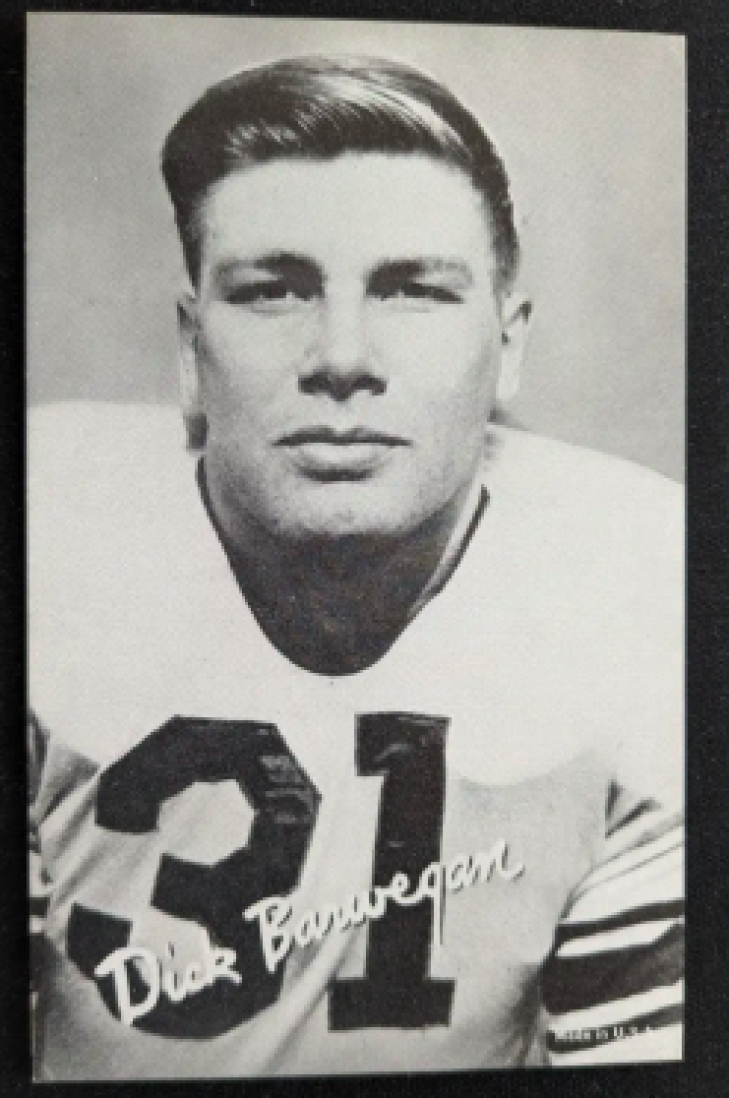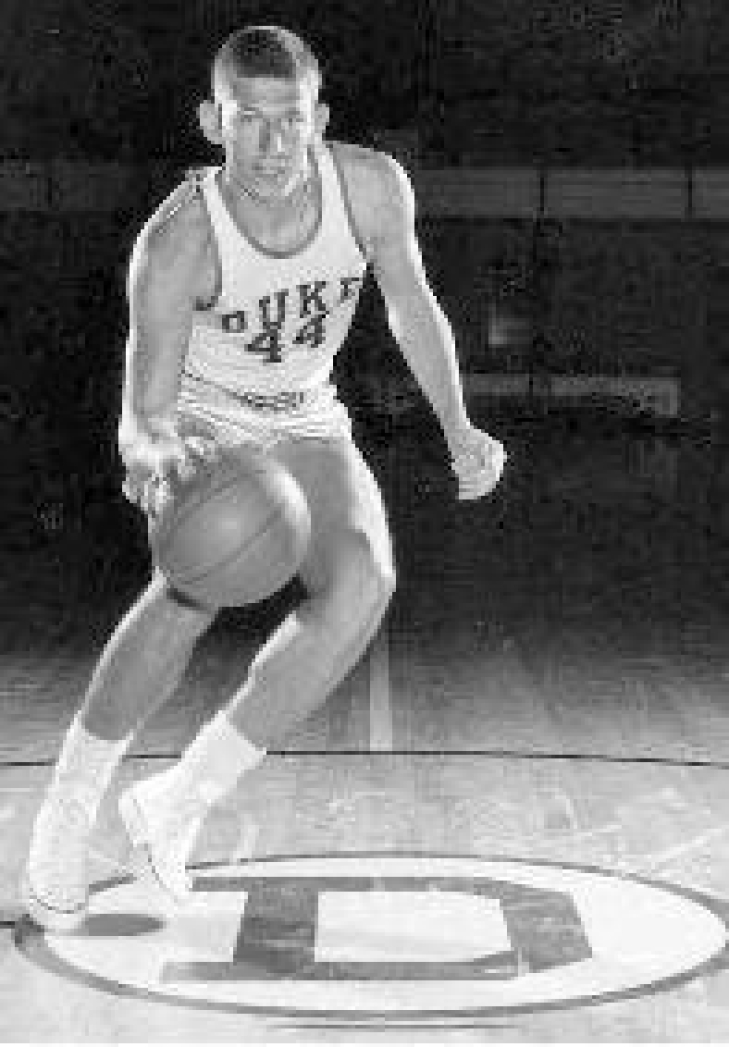
Committee Chairman
77. Tom Van Arsdale
The identical twin of Dick Van Arsdale, Tom Van Arsdale played with his brother at the University of Indiana, where he impressed enough to be drafted by the Detroit Pistons in 1965. He was decent enough with the Pistons, but in his third year, Van Arsdale was traded to the Cincinnati Royals, where he had his best run.
From 1969-70 to 1971-72, Van Arsdale was named to the All-Star Team and averaged over 22 Points per Game in those first two years. It was productive for Van Arsdale, but his respective team was not very good like in Detroit. Van Arsdale later played for Kansas City, Philadelphia, Atlanta and one last year in Phoenix where he played with his twin.
Despite playing 929 Regular Season Games with a 15.3 PPG, Van Arsdale never appeared in a playoff game.
Notinhalloffame List Update: 61-70 on Basketball Revised
The problem with running a Hall of Fame-related website is that many of the big ones we cover all have announcements within months of each other. The backbone of what we do is list-related, resulting in a long push to revise what we already have, specifically now with our Football and Basketball Lists.
At present, we have a minor update as we have completed the seventh ten of the 2024 Basketball List, which you can comment on and vote on:
The new 61 to 70:
61. Dale Ellis
62. Randy Smith
63. Michael Finley
64. Rod Strickland
65. Jermaine O’Neal
66. Terry Porter
67. Danny Ainge
68. Antawn Jamison
69. Sidney Wicks
70. Jeff Mullins
Rankings are impacted annually based on your comments and votes.
Thank you all for your patience. We will soon unveil more changes to the football and basketball lists.
Notinhalloffame List Update: 176-200 on Football Revised
The problem with running a Hall of Fame-related website is that many of the big ones we cover all have announcements within months of each other. The backbone of what we do is list-related, resulting in a long push to revise what we already have, specifically now with our Football and Basketball Lists.
At present, we have a minor update as we have completed the next twenty-five of the 2024 Football List, which you can comment on and vote on:
The new 176 to 200:
176. Dick Barwegan
177. Charley Hennigan
178. Cornell Green
179. Charley Brock
180. Bob Baumhower
161. Tank Younger
182. Buford “Baby” Ray
183. Bob Hoernschemeyer
184. Asante Samuel
185. Rich Jackson
186. Jim Katcavage
187. Matt Blair
188. Ken Kavanaugh
189. Abe Woodson
190. Nate Newton
191. Tom Sestak
192. Bill Forester
193. Brian Waters
194. Tim McDonald
195. Don Perkins
196. Steven Jackson
197. Jim Lachey
198. Brandon Marshall
198. Butch Byrd
199. Frank Minnifield
200. Dave Krieg
Rankings are impacted annually based on your comments and votes.
Thank you all for your patience. We will soon unveil more changes to the football and basketball lists.
74. Jeff Mullins
Jeff Mullins was a legend at Duke and was so highly respected that the two-time All-ACC player was named the ACC Athlete of the Year in 1964. The St. Louis Hawks used their 6th Overall Pick to take the Shooting Guard, but they barely used him and it looked like he was a bust. His career was resurrected when he was taken by Chicago in the Expansion Draft and was traded to the San Francisco, and as a Warrior he proved he not only belonged but could thrive.
Mullins, who barely averaged five Points per Game with St. Louis, improved over the next two years to 12.9 and 18.9 and became one of their top-scoring options. Averaging over 20 Points per Game four years in a row (1968-69 to 1971-72) Mullins was an All-Star in the first three. Mullins was an above-average passer who used his excellent court vision and knew his role in Golden State’s system. He achieved his ultimate goal in 1975 when he was still a productive player and aided the Warriors in winning that season’s championship.
He retired the year after, averaging 16.2 Points per Game over 12 Seasons.





